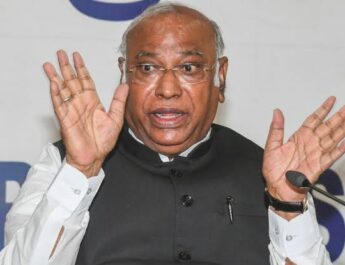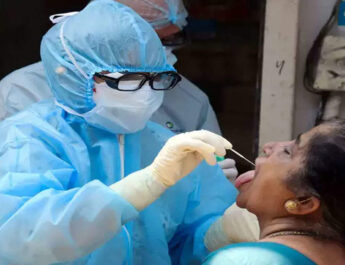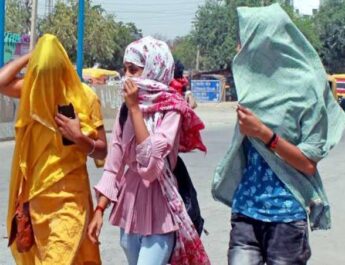NEW DELHI: The Muslim minority faces attacks by the majority community not only in India, but also in South Korea, where they are dubbed as terrorists.
When about 150 Muslims started building a mosque last year in Daegu, a conservative city in southeastern South Korea, residents gathered to protest the “den of terrorists,” which they said would turn their neighborhood into “a crime-infested slum,” says a report in The New York Times.
The dispute has become a flash point, part of a larger reckoning in South Korea over immigration and multiculturalism. Although the country has successfully exported its culture abroad, South Koreans have directed much of their racial ire at Muslims — and immigrants more broadly — at home. Runaway housing prices, a lack of social mobility and a widening income gap have contributed to the tensions.
Background: Many Koreans explain their attitude by citing history: Their nation has maintained its territory and identity through centuries of invasions and occupations. Those who oppose immigration fear threats to South Korea’s “pure blood” and “ethnic homogeneity.”
Analysis: South Korea turned to immigration to alleviate a worsening demographic crisis. Some rural men started to marry foreign women, but there was backlash when the government introduced policies to support “multicultural families.”
###





